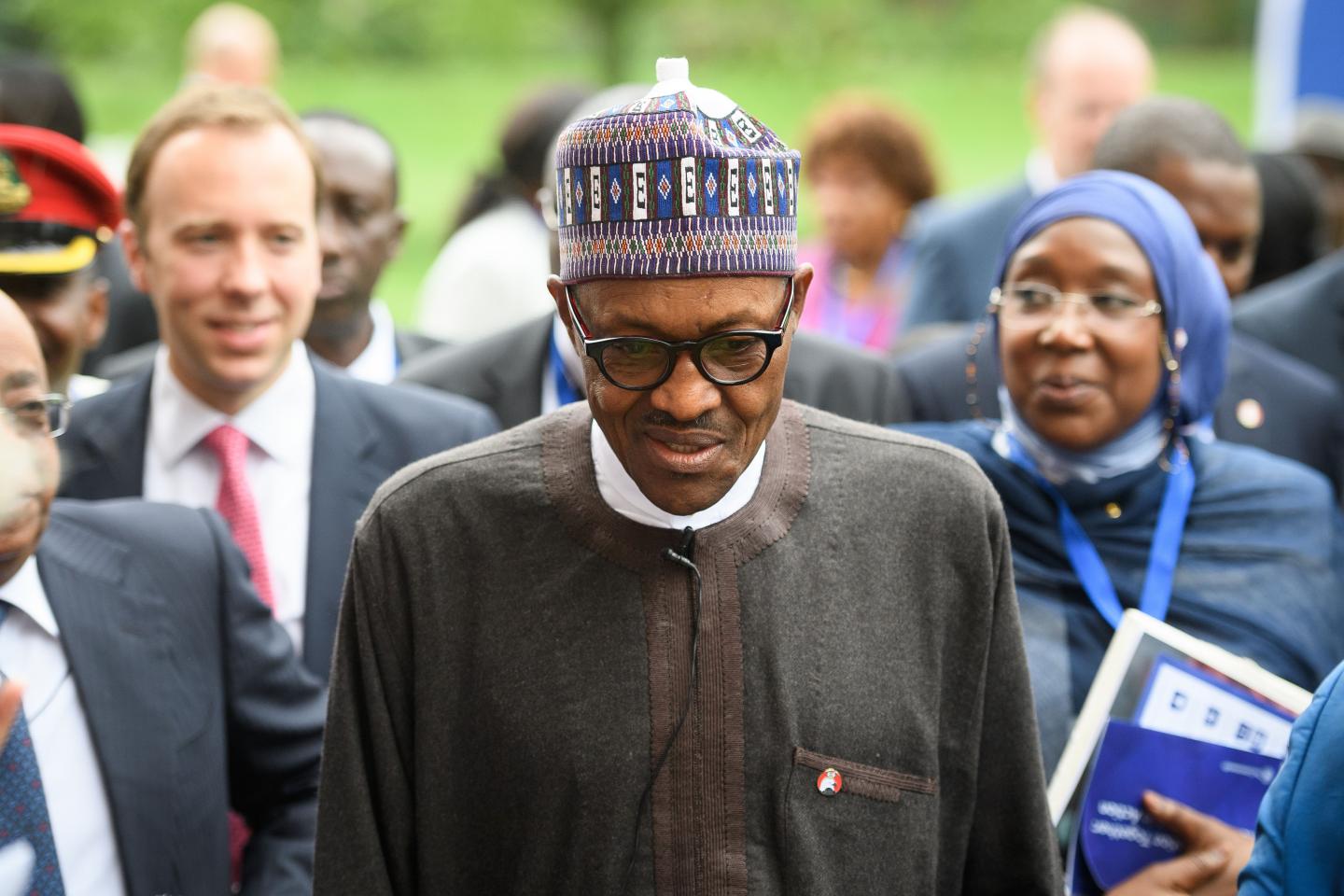ABUJA, Nigeria — As the end of President Muhammadu Buhari’s administration approaches, the anticipated impact from the over $7.5 billion loans procured to revolutionize Nigeria’s electricity sector remains dismally unrealized.
A cocktail of corruption, political meddling, misalignment of infrastructure, and other factors have rendered this massive financial investment ineffectual, leaving the country’s power infrastructure in a continuous state of decay.
The colossal funding, sourced from international donors including the World Bank, African Development Bank (AfDB), France Development Agency, and Japan, was intended to bolster the frail capacity of the country’s transmission network and grid.
However, in the face of persistent corruption and political interference, the altruistic intentions of these financiers have seemingly evaporated.
“The Nigerian Power Sector has stagnated, refusing to transition from a government-owned entity to a market-oriented system,” said Femi Omisanjo, a consultant at Nextier Group on Saturday, May 20, 2023.
He added that the sector had thrown out all pre-privatization frameworks and rules, plunging it into a spiral of sub-optimal pricing, debt, and uncertainty.
Projects funded by this financial aid stretch across Nigeria’s northern and southern regions.
The Transmission Company of Nigeria (TCN) lists several, including 38 projects funded by the World Bank, Federal Government budget, TCN-generated revenue, and Presidential Power Initiative in states such as Adamawa, Bauchi, Borno, and others.
Unfortunately, only a fraction of these projects have reached completion.
Despite billions invested, the distribution companies have seen a decline in load off-take from 4,000 megawatts in recent years to approximately 2,900 megawatts currently.
Economic repercussions are severe, with manufacturers alone having spent over N698.3 billion ($1.75 billion) in the past seven years on alternative energy sources due to the unreliable power grid.
“The massive investments in the electricity sector have not delivered significant improvements or reliable electricity supply.
It’s surprising that the World Bank and other development partners are part of these investments,” stated Prof. Adeola Adenikinju, an energy expert at the University of Ibadan.
Echoing Adenikinju’s sentiment, Habeeb Jaiyeola, an energy expert at PWC, called for alignment of all investments in the power sector to ensure value for money and the effective output of initiatives.
Critics argue that improvements remain within transmission and have not extended to the distribution companies.
Emeka Ojoko, Executive Coordinator of NEPA Wahala NG, pointed out that “since the DisCos came into existence, very little has been done to improve the distribution networks. This has affected the DisCos’ ability to distribute power.”
In the wake of this disappointing outcome, calls for off-grid solutions are increasingly resonant. Prof. Yemi Oke of the University of Lagos expressed concern about investing in outdated grid systems.
“The world is going off-grid, so we should not be spending on dilapidated grid that won’t supply electricity to end-users,” he said.
As Nigeria grapples with this power supply crisis, the Buhari administration’s promise of a reformed, efficient power sector remains a distant dream.
These illusory gains, paid for with borrowed billions, stand as a stark reminder of the challenges confronting Africa’s largest economy.







